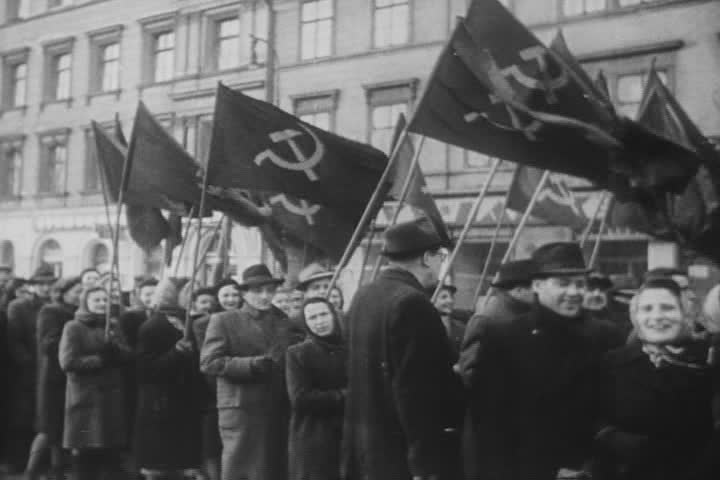On February 25, 1948, the Communist Party of Czechoslovakia seized power in a coup that marked the beginning of a repressive, Soviet-aligned regime. The coup was a culmination of a long struggle for power between the Communists and their opponents, and it had far-reaching consequences for the country and the wider region.
The Communist Party had been a minor player in Czechoslovakian politics before World War II, but it gained significant support during the war for its role in the resistance movement. After the war, the Communists emerged as the largest party in the country, winning a plurality of the vote in the 1946 elections.
However, the Communists faced significant opposition from other parties and from Czechoslovakian society as a whole. They were seen as puppets of the Soviet Union, which had occupied the country since the end of the war, and many Czechs and Slovaks feared that a Communist government would mean the end of their freedoms and democracy.
Despite this opposition, the Communists began to consolidate their power in early 1948. They used their control of the police and security forces to arrest and intimidate their opponents, and they took over key positions in the government and the media. On February 25, they finally made their move, declaring a state of emergency and taking over the government.
The new government, led by Communist Party leader Klement Gottwald, immediately began to implement policies that consolidated its power and suppressed dissent. It nationalized industry and agriculture, restricted the press and media, and purged the civil service and military of anyone suspected of being disloyal to the regime.
The Communist Coup had a profound impact on Czechoslovakian society and on the wider region. It marked the beginning of a long period of repression and Soviet domination in Czechoslovakia, and it contributed to the growing Cold War tensions between East and West.
Today, the events of February 25, 1948, are remembered as a dark moment in Czech history, but they also serve as a reminder of the importance of democracy, freedom, and the rule of law.





